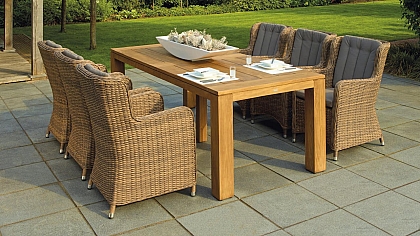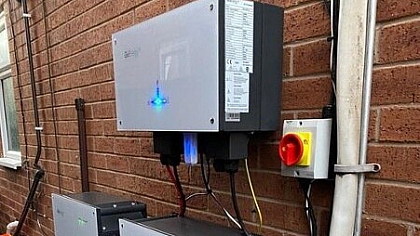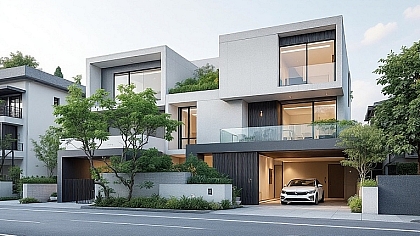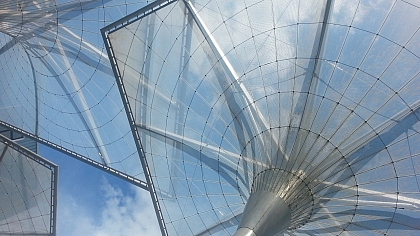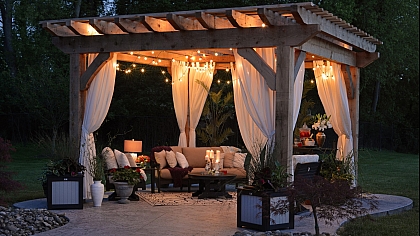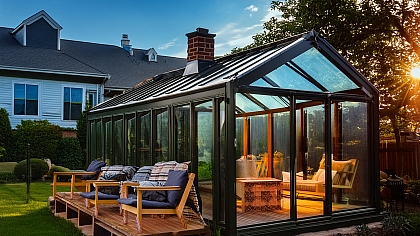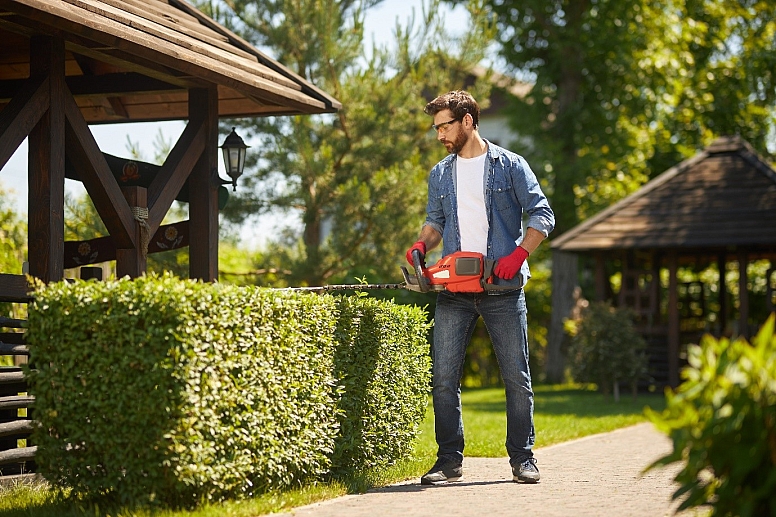
Landscaping Trends: Modern Design For Your Outdoor Spaces
Are you intrigued by the prospect of acquiring land for your future use? Have you ever found yourself puzzled by the challenge of integrating the latest design trends into your garden or backyard? Let's prepare ourselves to embrace the sustainable shift that is currently revolutionizing the world of landscaping.
Today, as we gear up for the summer ahead, I'll delve deep into the current trends in landscape design and offer intriguing contemporary decor suggestions for your outdoor spaces. Join me as we explore everything from small enhancements to major yard renovations, aiming to transform your backyard or patio into a serene retreat.
So, grab your favourite cup of coffee and let me guide you through the exciting hidden features of these landscaping developments that can enhance the aesthetics of your outdoor areas. From selecting the right plants to incorporating eye-catching focal points, we'll embark on this transformation journey together!
Understanding the Basics of Landscape Design
To grasp the essence of modern landscape design, it's essential to revisit the foundational principles of this art form. Essentially, landscape design is a blend of cultural science and art, where the designer meticulously arranges elements within an outdoor space. Often, practical considerations emerge only after the aesthetic aspects have been realized. Enhancing any outdoor environment requires careful analysis of climatic conditions, maintenance needs, and the longevity of materials used.
Landscape design evolves along historical trajectories. While beauty and aesthetics have long been paramount, contemporary design concepts prioritize holistic reconstruction, considering environmental factors, sustainability, and natural forms and patterns.
Ultimately, landscape design aims to enrich the environment rather than impose predetermined concepts. It involves purposeful, reflective engagement to yield fruitful and beneficial outcomes informed by soil science.
Embracing Sustainable Practices
In today's landscape design ethos, sustainability is not merely an aspiration but a necessity. Sustainable practices enable resource conservation, foster biodiversity, and create low-maintenance, visually appealing outdoor spaces.
Trends such as organic gardening, native vegetation preservation, and rainwater harvesting reflect a growing commitment to sustainability. Additionally, incorporating permeable surfaces for pathways, installing rainwater harvesting systems, and utilizing local resources align with sustainability objectives.
The essence of sustainable landscape practice lies in harmoniously balancing aesthetics with utility, striving for long-term environmental equilibrium rather than succumbing to fleeting trends.
Incorporating Modern Elements and Tech
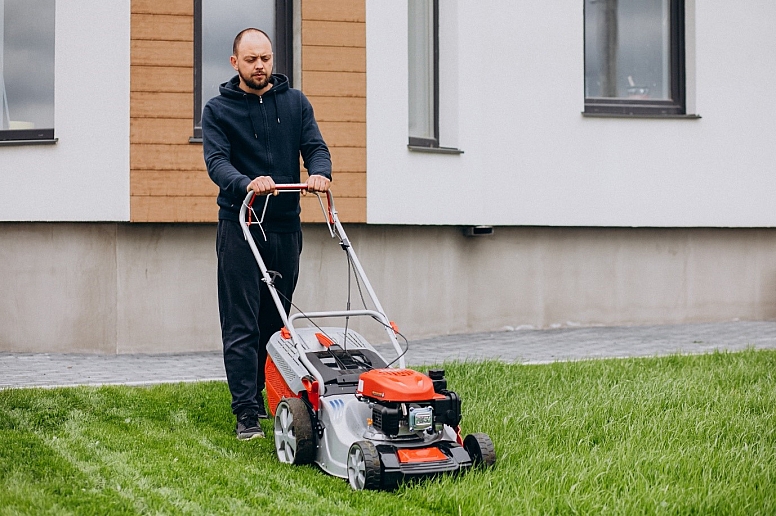
Another version in which contemporary elements and state-of-the-art technology are used to shape the landscaping design is yet another novelty radically changing the industry. Today's gardens serve as more than just outdoor spaces; they are dynamic living environments featuring stone walls, wooden decks, outdoor kitchens, fire pits, and smart lighting systems.
Technological innovations such as smart irrigation systems, digital gardening tools, and eco-friendly solar lighting enhance both the functionality and sustainability of outdoor spaces.
This modern approach to landscaping not only enhances beauty but also reflects individual aesthetic preferences, lifestyle choices, and environmental stewardship.
Enhancing Outdoor Living Spaces
Contemporary homes increasingly blur the boundaries between indoor and outdoor living, maximizing the benefits of both realms. Outdoor spaces are transformed into inviting extensions of interior living spaces, complete with comfortable seating, cosy fireplaces, and stylish dining areas.
"Vertical gardening" is a popular technique, particularly in urban settings with limited space, enabling the integration of greenery without sacrificing square footage.
Outdoor spaces are no longer mere accessories but integral parts of our living environments, connecting us to our natural surroundings.
In today's landscaping paradigm, the goal is to forge a genuine connection with the land, enhancing its beauty while preserving its integrity.
Sustainability is no longer an option but a mandate, shaping the character of outdoor spaces and contributing to a better future.
By embracing these trends, you're not just landscaping your garden; you're embracing a lifestyle centred around thoughtful construction and environmental stewardship.






